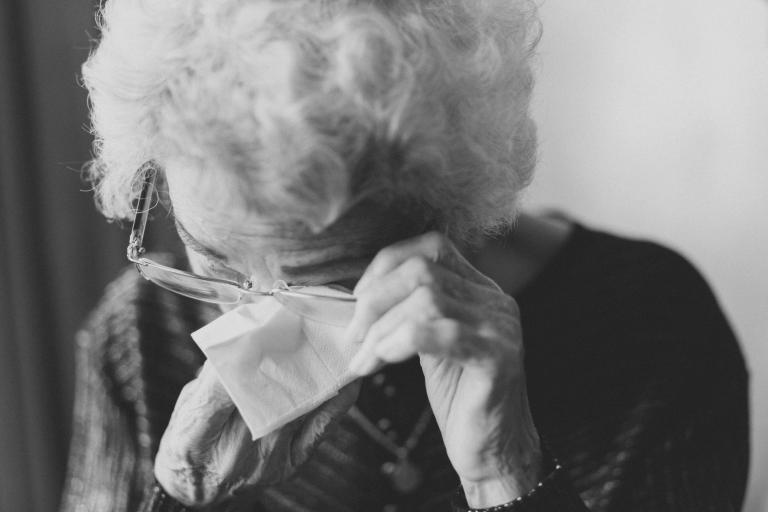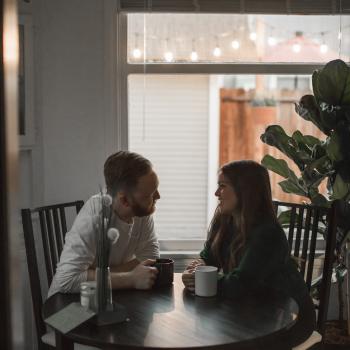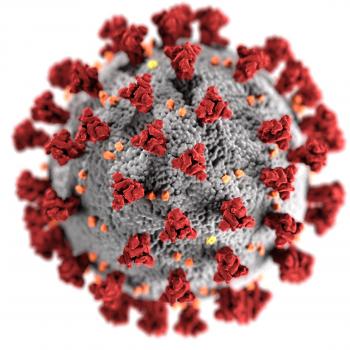
Time heals all wounds.
That’s what they say, whoever “they” are. I think time partially heals all wounds, or at least some wounds. Deaths in the family, for instance. Does one ever fully heal from the wound of losing someone who’s always been there?
If the lost one was loved in the truest sense, I think not. The memory of those we love is precious and our loss leaves an oozing, gaping wound at worst. A deep ache at best. Time does help us feel better, because we learn coping mechanisms. In time, we learn how to carry on without our loved ones, even though we don’t like the sensations it leaves us with.
Strangely enough, carrying on without our loved ones very often looks just like carrying on did with our loved ones, practically speaking. Carrying on is simply putting one foot in front of the other, all day, every day. It’s putting our pants on one leg at a time. Eating our meals the same way, albeit with less company. Going to work, though we’ve nobody to come home to. It’s just doing the next thing.
Carrying on is therapeutic. For in the monotony of our days, we slowly start to feel a sense of normalcy.
We still grieve. We might cry in our soup, because the one we lost isn’t across from us clanking the spoon against her teeth and slurping each spoonful. Or we cry when we throw our clothes in the washer, because our dirty shirts were given to us by the lost loved one.
Normalcy and doing the next thing doesn’t take our sadness away. At least not at first. But it quietly informs our hearts that life does go on. Must go on.
When my mother-in-law died (on my birthday!), I looked out the window and noticed the green summer leaves fluttering in the wind. Stop! I wanted to say as I laid my head on her frigid shoulder. Don’t you know that a great lady has died here? It’s over! Stop, wind. Stop, beeping cars. Everything … just stop! Reverence!
It doesn’t happen that way, though. The heart stops pumping but the sun still rises and sets. The lungs cease expansion, but the wind still blows. The kids still get on and off the bus, as if nothing of any significance took place.
Life goes on.
For the Christian, life goes on eternally. We know that when we lose someone we love who also loved and followed after Christ, we will see them once again.
We do not want you to be uninformed, brothers, about those who are asleep, that you may not grieve as others who do not have hope. For since we believe that Jesus died and rose again, even so, through Jesus, God will bring with him those who have fallen asleep. For this we declare to you by a word form the Lord, that we who are alive, who are left until the coming of the Lord, will not precede those who have fallen asleep. For the Lord himself will descend from heaven with a cry of command, with the voice of an archangel, and with the sound of the trumpet of God. And the dead in Christ will rise first. Then we who are alive, who are left, will be caught up together with them in the clouds to meet the Lord in the air, and so we will always be with the Lord. Therefore encourage one another with these words. (I Thess. 4:13-18)
So as I continue to grieve my losses, I don’t grieve as those who do not have hope. That is, those who have not given their lives to Christ. I hurt. I cry. I feel depressed because there’s a huge void in my life. My wound is raw, but I know that with time, that wound will scab over, then scar. At some point, the wound will look more pleasant, feel less sensitive, and yet I’m honest in admitting that wounds as deep as grief are permanent.
My open heart surgery and pacemaker scars will always be a part of me. But in acquiring those scars, I was also made well. After surgery, I went on to live a life that wouldn’t have been possible had I not been deeply wounded. The scars are strange in appearance, and my breastbone has calcium deposits and wires that hold it together. Even the doctors think I look a bit strange, as my scar runs side to side rather than up and down like most open heart patients’ scars. But while it IS strange looking, and while my pacemaker sticks out of my skin like the weird little machinery it is, I can, many moons later, look at the wounds and be grateful. What hurt me also gave me more opportunity to love others.
Alfred Lord Tennyson was right and wise when he said “It is better to have loved and lost than to never have loved at all.” Our losses wound us, but we are better off having had the opportunity to love than we are had we never loved, remaining unscathed.
Death is particularly “bearable” (if I may use that word) for the Christian, because we know that separation by death is temporary. For now, we are left behind. But one day, Christ will come, and we will be forever reunited with our people. That’s why we don’t “grieve as those who have no hope.” In other words, Christians do not grieve like those who are not Christians. Because we serve a living God, we have hope. Because Jesus died, was buried, and rose again on the third day, we have hope (confidence that what God has said will come to pass.
Does time heal all wounds? No, but Christ does. I’m grateful today that though I’ve said “farewell” to many people I love, my “farewell” is, in reality, a “Farewell for now.” It’s “See ya’ later, alligator. In a while, crocodile.”
I do hurt and grieve. But not as those who have no hope.
**Photo by Jeremy Wong on Unsplash












